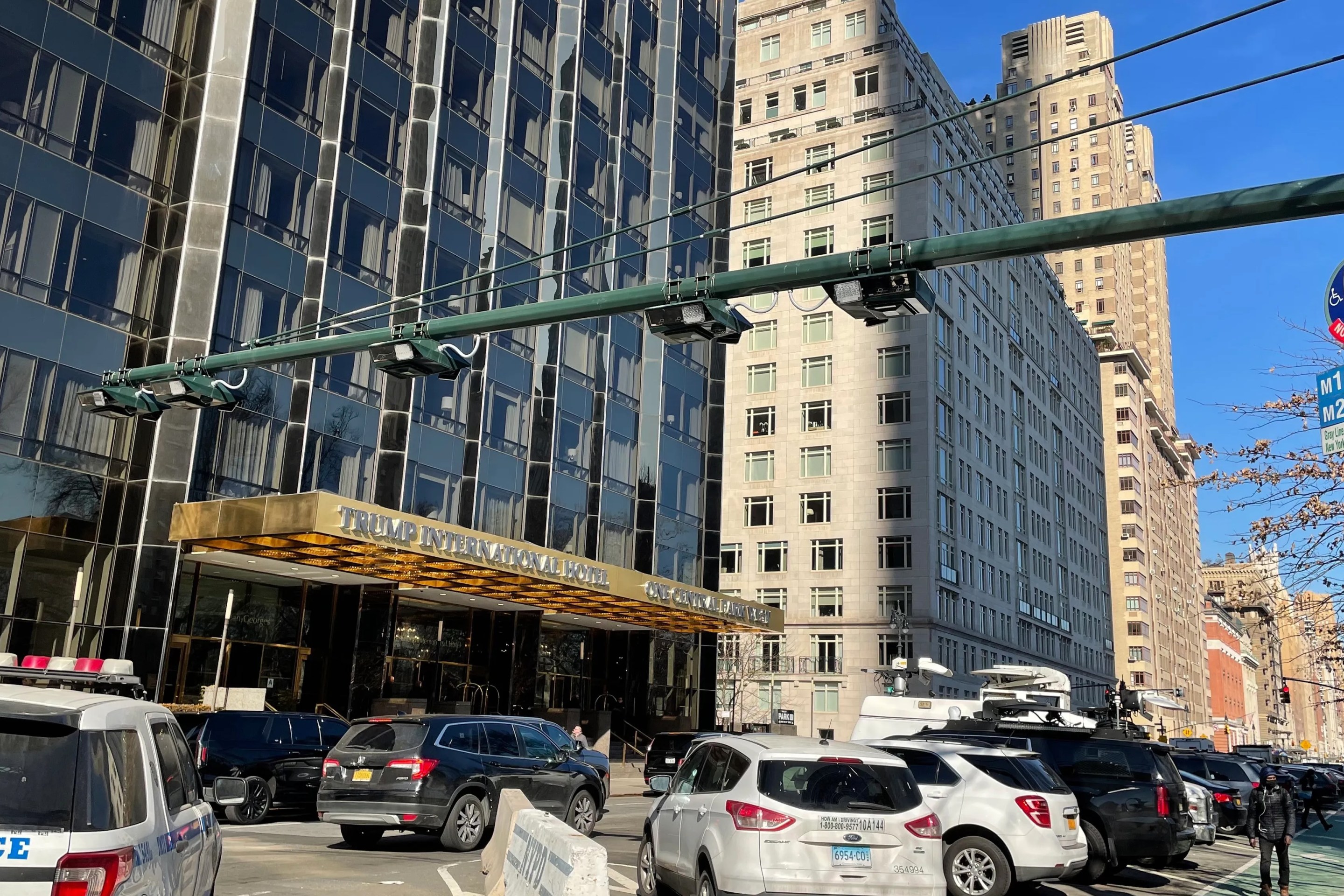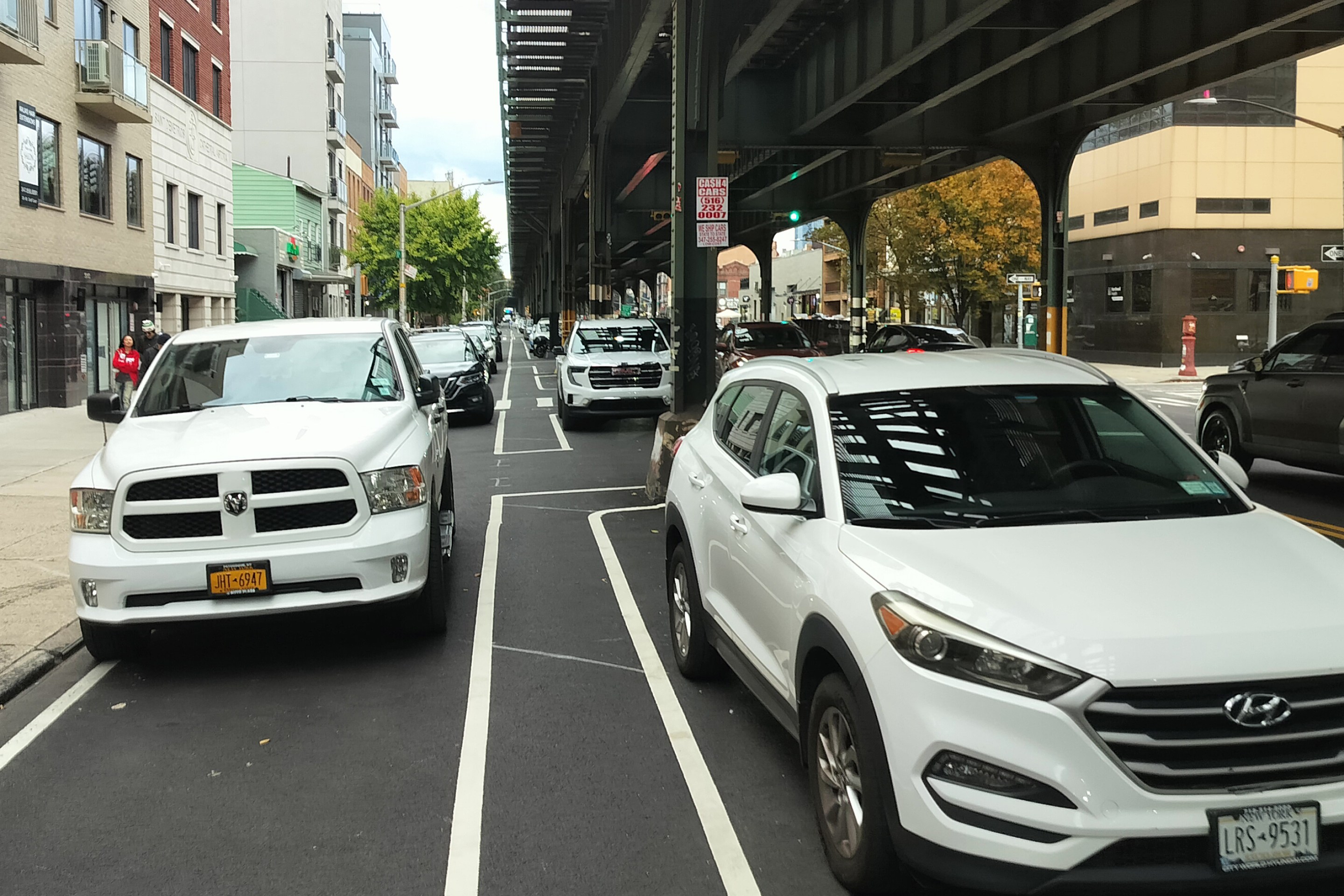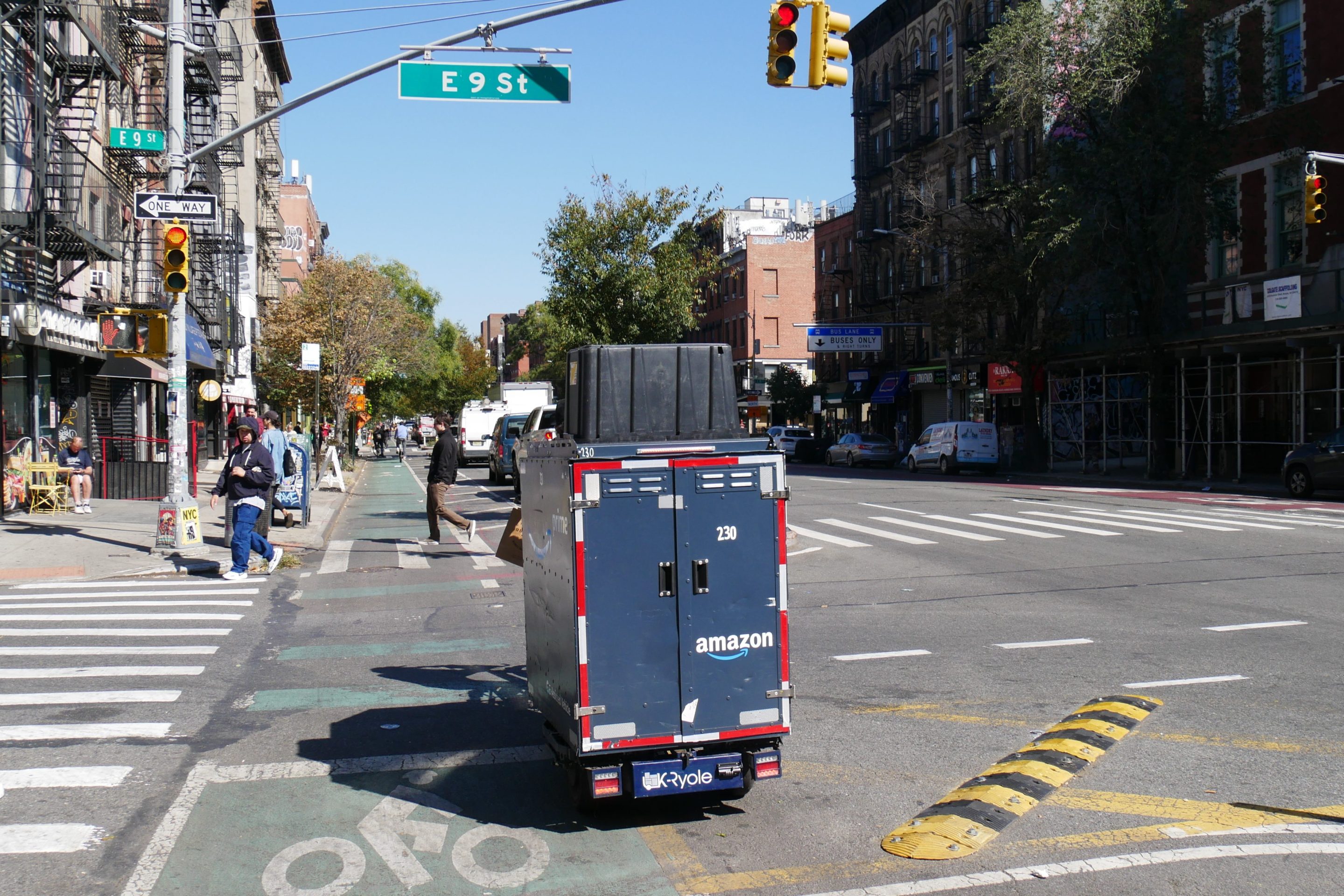WNYC's Andrea Bernstein reports on the most troubling sign yet that Governor-elect Andrew Cuomo is not willing to stop Albany's practice of raiding dedicated transit funds to plug gaps in the state budget. From a press conference yesterday:
Cuomo: “I understand the concern. Everyone — especially in a declining budget environment, where we are now, everyone — we just met with the environmental groups. They’re very concerned that nobody raids the funds that should be going to the environment.
“People who are involved in transit want to make sure nobody raids the funds that are involved in mass transit. I understand the concerns, and that’s the balance of putting together the budget.”
REPORTER: That means you’re not committed to allowing the money –
Cuomo: “You can’t say — money is fungible to a certain extent. There are a lot of needs the state has to fund and it’s the balancing of those needs that will be done through the budget process.”

These are scary words for transit riders. "Fungibility" is what led to the loss of $160 million in transit funding in just the past 12 months. Taxes collected exclusively downstate for the express purpose of funding transit were re-routed to the state's general fund.
With Albany looking at another $9 billion budget gap to plug next year, the cycle of transit raids blowing a hole in the MTA budget is primed to start all over again. The people who will pay the steepest price are transit-dependent New Yorkers. The burden of these raids falls on them in the form of higher fares and worse service.
Cuomo could use his executive power to help put a stop to the practice. But his response is at odds with any attempt to honestly reckon with New York state's fiscal problems. It's the answer of someone who's willing to inflict more pain on transit riders in order to paper over state budget dysfunction. Here's how the office of Comptroller Thomas DiNapoli described this sleight of hand in a report this April [PDF]:
In this fiscal shell game, money is shuffled among hundreds of accounts, creating funding shortfalls in some dedicated funds, hiding deficits in others and using excess revenue in still others to mask General Fund spending growth. This “deficit shuffle” reduces budget transparency, creates funding instability for critical State programs and allows the State to avoid making the difficult decisions needed to effectively align spending with available revenue. Furthermore, it creates a disincentive to agencies to cut costs, because savings in special revenue accounts are simply swept into the General Fund.
When Andrew Cuomo says transit funding is "fungible," he's endorsing this Albany shell game.





